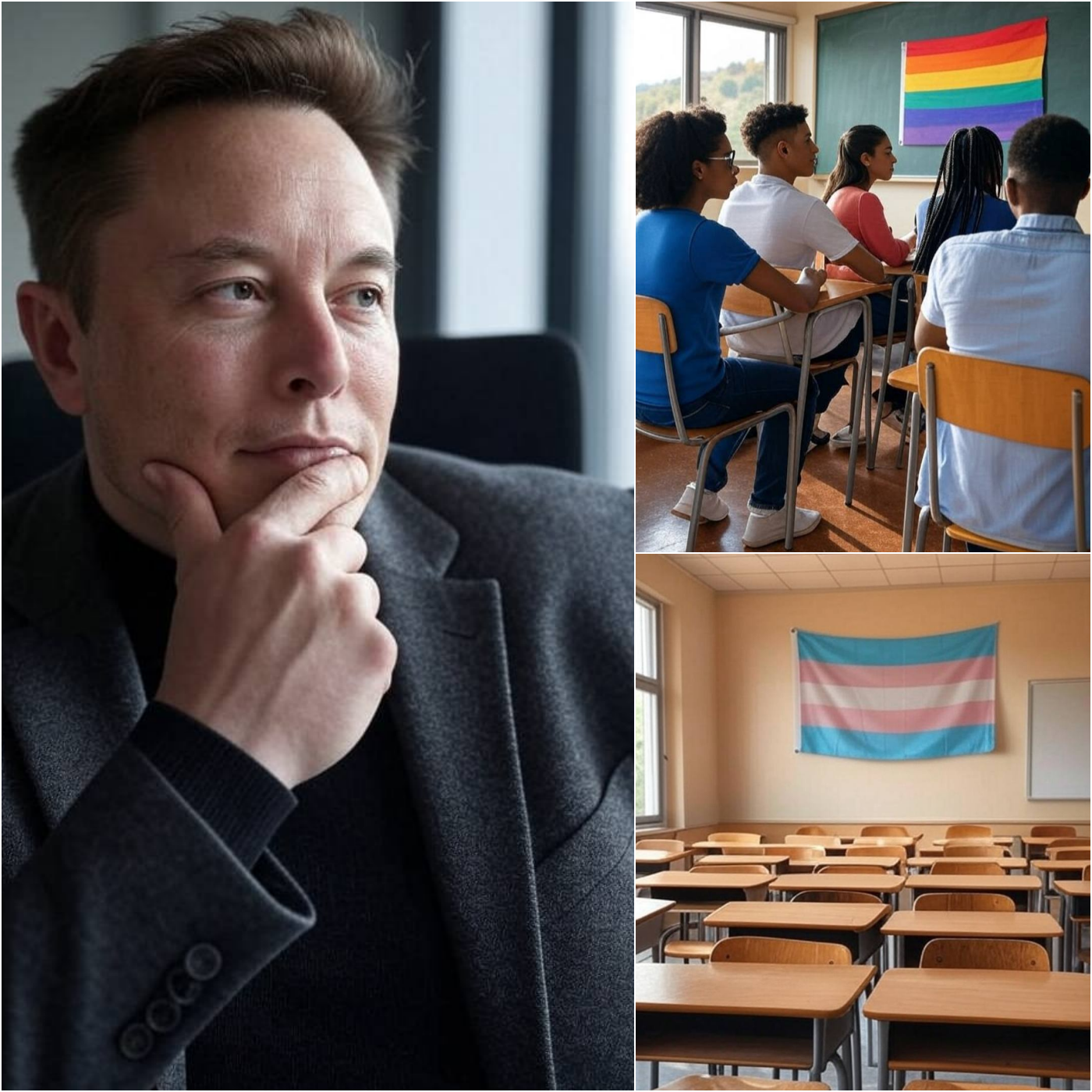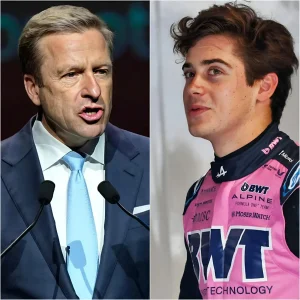Understanding the Surge in Gen Z’s LGBTQ Identification: A Cultural Shift
A recent statistic has sparked widespread discussion, revealing a sharp rise in Generation Z identifying as LGBTQ. This phenomenon is attributed to a confluence of influences, including education, media, culture, and a perceived decline in traditional family and religious values. This article explores the factors driving this trend, offering insight into the societal shifts shaping Gen Z’s identity landscape.

The Numbers Tell a Story
Recent data suggests that a significant portion of Gen Z—those born roughly between 1997 and 2012—identify as lesbian, gay, bisexual, transgender, or queer at rates far higher than previous generations. Surveys, such as those conducted by Gallup and Pew Research, indicate that approximately 20% of Gen Z adults in the United States identify as non-heterosexual, with some studies reporting even higher figures. This marks a stark contrast to Millennials (around 10%) and older generations, where the percentage drops significantly. What’s behind this unprecedented shift?
Education as a Catalyst
Modern education systems have increasingly integrated discussions of gender and sexuality into curricula, fostering environments where young people are exposed to diverse identities early on. Schools, particularly in progressive regions, incorporate topics like gender fluidity, non-binary identities, and sexual orientation into social studies, health classes, and diversity programs. This exposure normalizes varied identities, encouraging Gen Z to explore and embrace their own with less fear of stigma.
Moreover, college campuses have become hubs for identity exploration. Student organizations, safe spaces, and inclusivity initiatives provide platforms for Gen Z to engage with LGBTQ communities, often for the first time. This academic openness contrasts sharply with the more conservative frameworks of past decades, where such topics were rarely addressed.
Media’s Powerful Influence
Media, both traditional and digital, plays a pivotal role in shaping Gen Z’s worldview. Television shows, movies, and streaming platforms increasingly feature LGBTQ characters and storylines, from Euphoria to Heartstopper. These representations provide visibility and validation, making it easier for young people to identify with or question their own orientations and identities.
Social media platforms like TikTok, Instagram, and X amplify this effect. Gen Z spends significant time online, where influencers, activists, and peers openly discuss their identities. Hashtags like #LGBTQ and #NonBinary generate millions of posts, creating virtual communities that normalize and celebrate diversity. This constant exposure to affirming content encourages self-expression and reduces the isolation once felt by those questioning their identity.
Cultural Shifts and Individual Freedom
Cultural attitudes have shifted dramatically over the past few decades. Gen Z has grown up in an era where same-sex marriage is legal in many countries, pride parades are mainstream, and public figures openly identify as LGBTQ. This cultural backdrop fosters a sense of acceptance, allowing young people to explore their identities without the fear of ostracism faced by earlier generations.
The rise of individualism also plays a role. Gen Z prioritizes personal authenticity and self-expression, often rejecting rigid societal norms. This generation values “living their truth,” a mantra that aligns with exploring non-traditional identities. The decline of prescriptive gender roles and expectations further enables this exploration, as young people feel less bound by binary definitions of gender and sexuality.
The Role of Family and Religion
The statistic also points to the weakening of traditional family and religious values as a contributing factor. Historically, family structures and religious institutions have often upheld heteronormative standards, discouraging deviation from traditional gender and sexual norms. However, Gen Z is coming of age in a time when these institutions hold less sway.
Many Gen Z individuals grow up in households where traditional family dynamics—such as the nuclear family model—are less prevalent. Divorce rates, single-parent households, and blended families have reshaped family structures, often reducing the emphasis on rigid norms. Additionally, Gen Z is notably less religious than previous generations. Pew Research indicates that over 40% of Gen Z identifies as religiously unaffiliated, compared to 26% of Millennials. With fewer ties to religious doctrines that historically condemned non-heterosexual identities, Gen Z faces fewer barriers to embracing LGBTQ identities.
The Double-Edged Sword of Social Acceptance
While increased acceptance is a positive development, it’s not without complexity. Some critics argue that the cultural push toward inclusivity may lead to social pressures, particularly among impressionable youth. The “trendiness” of identifying as LGBTQ, amplified by social media, can blur the lines between genuine self-discovery and performative identity adoption. This raises questions about whether some Gen Z individuals might feel compelled to adopt an LGBTQ label to fit in with peers or align with progressive ideals.
Conversely, the freedom to explore identity can be liberating. For many, the ability to openly identify as LGBTQ is a hard-won victory, reflecting decades of activism. The visibility of LGBTQ identities allows those who might have remained closeted in earlier eras to live authentically.
Looking Ahead
The rise in Gen Z identifying as LGBTQ reflects a broader societal evolution, driven by education, media, and cultural openness, alongside a decline in traditional constraints. This shift signals a future where identity is increasingly fluid, and self-expression is paramount. However, it also prompts society to navigate new challenges, such as ensuring genuine self-discovery while addressing potential social pressures.
As Gen Z continues to redefine norms, their influence will likely shape future generations’ understanding of identity. The interplay of education, media, and culture will remain critical in fostering environments where all individuals can explore who they are without fear or judgment. For now, the data underscores a generation unafraid to challenge conventions and embrace diversity in ways that are reshaping the world.






